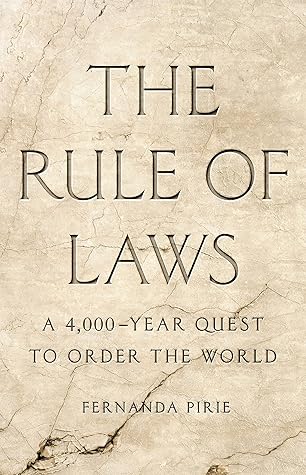In the writings they produced during this period, the scholars created the rules of Islamic law, the fiqh. In stark contrast to Hindus in India, all Muslims were supposed to be equally subject to the requirements of the shari‘a, which recognized no hereditary class structures and maintained no ideal of monasticism, asceticism, or even celibacy. But, as among the Hindus, the archetypal Muslim was a householder, the centre of an extended family diligently carrying out his or her duties, both to relatives and before God. Like the brahmins, the Islamic scholars concentrated on defining individual
...more
Welcome back. Just a moment while we sign you in to your Goodreads account.


